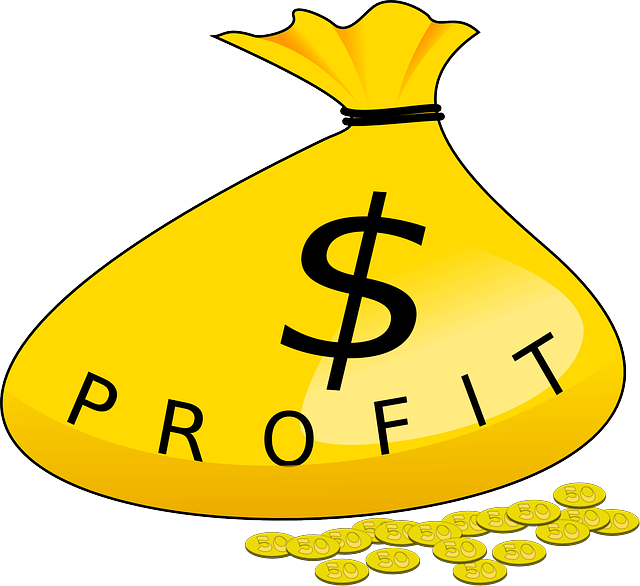
From the August print issue of Canadian Immigrant, I spoke some fundamentals of investing which simply take the investor beyond the housing marketplace. I shall examine one other “market” — that the stock exchange.
STOCK BASICS
As with any market, the economic markets are a place where sellers and buyers meet to input transactions. These bourse (French for stock exchange), situated across the globe in major financial centers such as New York, London, Tokyo, and Toronto, are at which people may purchase stocks in firms that are recorded on the market.
Share purchases are complete through firms that can be called stock agents. These firms may charge a commission to obtain the stocks for your benefit. There are full-scale agents (who provide tips and research to the stock) and reduction agents (where fees have been low and you also create your personal stock selections).
A BASKET OF STOCKS
Still, another means to take part within this equity investment is to buy investment capital. These funds pool that the investments of traders and buy a “basket of stocks” in the benefit. The finance business is paid a management fee for managing the finance, and also the owner of this capital will be paid a commission by the finance company.
The best thing about this way of purchasing stocks is you get investment at a wide base of stocks, leading to more money –and less risk. The drawback of purchasing capital would be that you will find penalties that could reduce overall yields.
Still, another means to accomplish diversification and reduce prices is to buy ETFs (exchange-traded funds), which can be investments that track the indicator or stock marketplace. This sort of investing is called passive investing since there’s not any endeavor to select which stock will outperform.
ALSO READ: Investing In The Stock Market For Financial Security
CHOOSING BUSINESSES
There’s always a risk associated with purchasing stocks. When there’s just really a corporate collapse, being an equity investor, then you’re the last in line to recoup your investment; the very first ever to ever be reimbursed would be the holders of the debt.
Therefore choosing the ideal organizations to get can be very critical. Select organizations which have good income flows and powerful services and products, and therefore so are typically larger (these sorts of investments are normally called blue-chip). Be cautious of the so-called very cheap stocks which Vancouver was famous for before.
If you’re employing investment capital, be careful of industry funds (which pay attention to a single sector of this market); rather make work with finance with a wider mandate whilst the yields are far volatile.
YOUR PORTFOLIO
If held within an open portfolio (maybe perhaps not an RRSP), subsequently using an equity investment includes tax advantages because capital gains and gains will be taxed at a reduced rate than interest. However, most investment portfolios ought to be a variety of stocks and fixed income based upon your own risk tolerance. The greater risk you are able to handle financially and emotionally, the more complex the proportion of stocks you are able to put in your portfolio.
TIME OR TIMING
Frequently equity investing is about “period” (staying spent long duration, together with several adjustments based on market terms), in the place of “time” (agreeing on costs and knowing when to invest in and outside of this market).
Over the very long run, equity holdings have traditionally outperformed interest-bearing investments. However, if you are buying the brief duration (your own time horizon is greater than just three years) you need to probably search for investments that are less risky.

